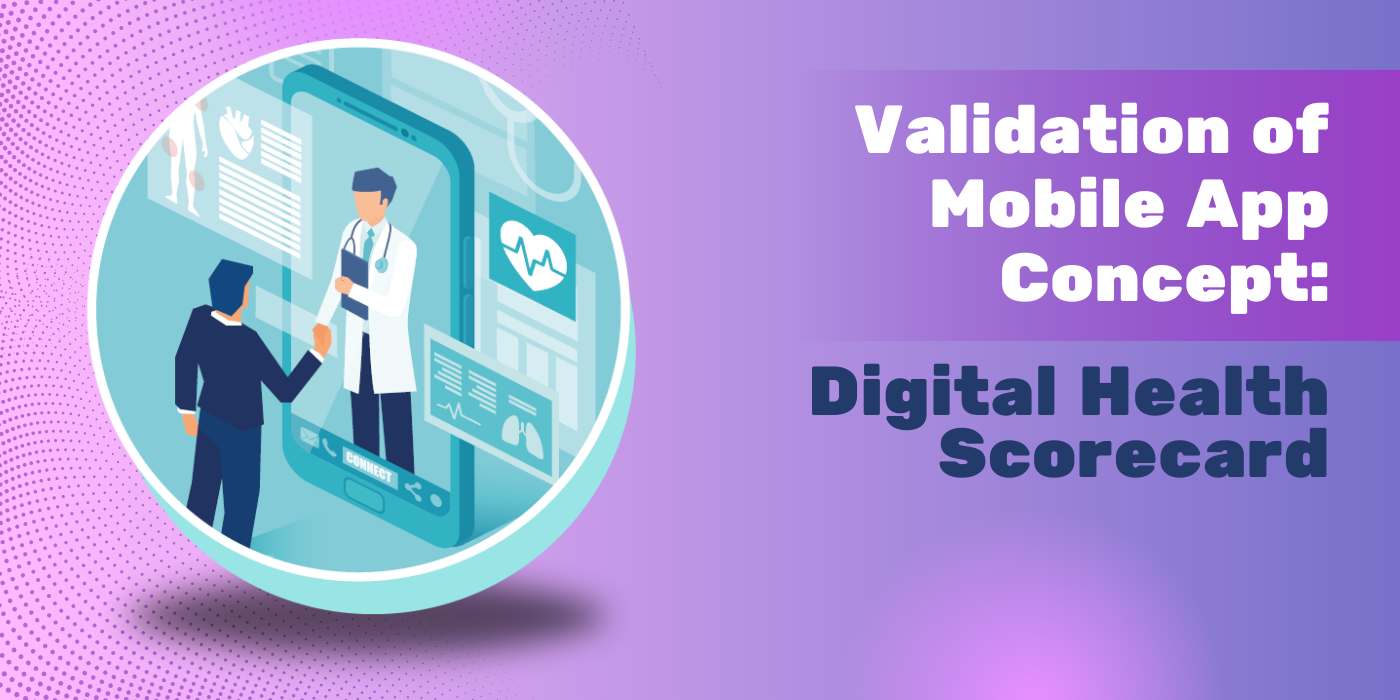App idea validation is a process that helps reduce waste at the time of mobile app development. This saves a lot of money and ensures the app succeeds in the market. One method for app validation is through surveys. This can be done either digitally or manually and is an economical way to gather feedback from your target audience.
App Development Services
App development services assist companies in designing and implementing applications for a variety of platforms, including mobile ones. The development process involves creating wireframes, determining app functionality, and writing the code. It also involves testing and debugging. App developers may be responsible for deploying an app to the app store and maintaining it over time. The researchers propose a digital health scorecard similar to an underwriter’s laboratory or consumer reports to evaluate technology products based on four domains: clinical, technical, usability, and cost. They hope it will allow physicians, payers, and other healthcare players better to identify quality solutions in a crowded and hype-driven landscape. Low barriers to development and direct-to-user marketing have created a digital health marketplace that has far outpaced the ability of healthcare stakeholders to identify quality.
Mobile App Design
Mobile app design is more than just making sure your app looks good on a smaller screen; it also ensures that users can easily navigate through your app. This includes ensuring that the buttons and links are in the right places and that the app is responsive to different device sizes. It also involves incorporating a layout that will work well on both desktops and mobile devices. A standardized rating system would allow for the evaluation of digital health solutions within a clinical context, and it would support the web app development of quality solutions by promoting requirements-driven design practices. It would also facilitate appropriate regulatory oversight of market claims and risks. Ultimately, a successful digital health scorecard approach would reduce waste at the time of solution development. It would push developers to build impactful products that are useful for actual patients, clinicians, and healthcare systems. This could be done by adopting a digital health product validation framework based on four domains: clinical validation, technical content, usability, and cost.
Logo Design
Great apps start long before the final tech solution that people see. The best ones have been tested and proven to work before the actual app gets built, a process known as concept validation. This process includes defining the user persona, who embodies your ideal customer’s needs and wants. Then, every aspect of your app design must align with that persona. This will assist you in recognizing potential shortcomings in your design so you can make changes before it goes into production. This approach is similar to UL certification, which defines product standards and proactively discloses them to the product developers. It is different from consumer reports, which elicit requirements from end users after the fact and then try to find a way for those products to meet them. The proposed digital could help bolster these efforts by creating a transparent, standardized framework for evaluating the quality of digital health solutions.
UI/UX Design
UI UX design is the way your product looks and feels. It must be easy to navigate, allowing users to find your product’s value and encourage them to use it for more extended periods. This will also help your app stand out from the competition. This is further exacerbated by low barriers to development and direct-to-user marketing, resulting in a crowded and confusing landscape of digital health apps.
In conclusion, The physicians propose an objective, transparent, and standardized evaluation process based on precise standards for developers to meet, which they believe would assist all participants in the healthcare sector in enhancing the quality of mobile health tools. They envision the digital as a pragmatic first step towards this goal.






